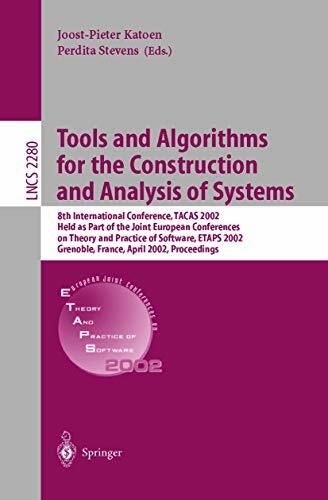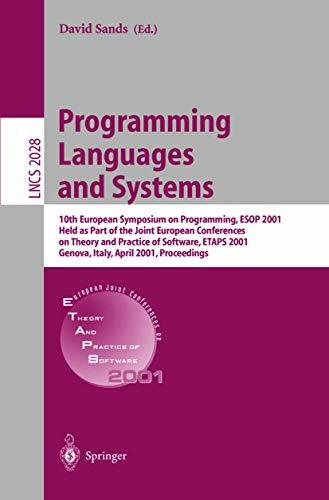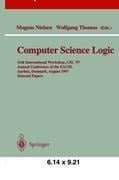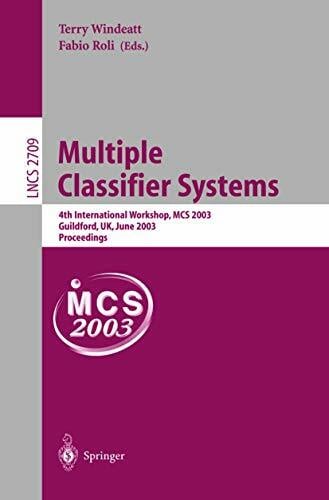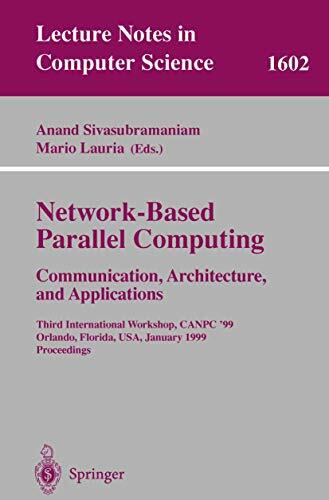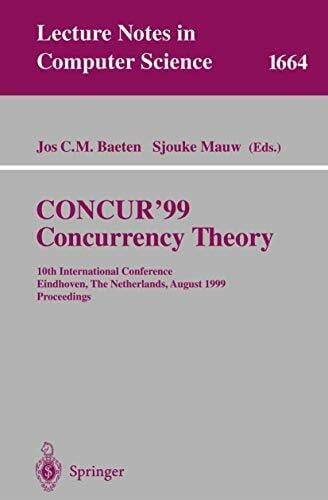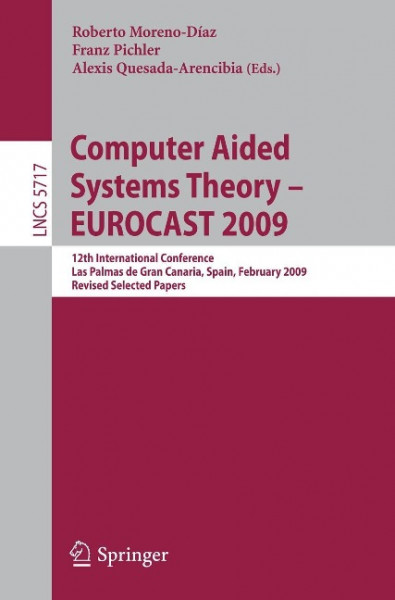
Computer Aided Systems Theory - EUROCAST 2009
Kurzinformation
inkl. MwSt. Versandinformationen
Artikel zZt. nicht lieferbar
Artikel zZt. nicht lieferbar

Beschreibung
The concept of CAST as Computer Aided Systems Theory was introduced by F. Pichler in the late 1980s to refer to computer theoretical and practical developments as tools for solving problems in system science. It was thought of as the third component (the other two being CAD and CAM) required to complete the path from computer and systems sciences to practical developments in science and engineering. Franz Pichler, of the University of Linz, organized the first CAST workshop in April 1988, which demonstrated the acceptance of the concepts by the scientific and technical community. Next, the University of Las Palmas de Gran Canaria joined the University of Linz to organize the first international meeting on CAST (Las Palmas, February 1989) under the name EUROCAST'89. This proved to be a very successful gathering of systems theorists, computer scientists and engineers from most European countries, North America and Japan. It was agreed that EUROCAST international conferences would be organized every two years, alternating between Las Palmas de Gran Canaria and a continental European location. From 2001 the conference has been held exclusively in Las Palmas. Thus, successive EUROCAST meetings took place in Krems (1991), Las Palmas (1993), In- bruck (1995), Las Palmas (1997), Vienna (1999), Las Palmas (2001), Las Palmas (2003) Las Palmas (2005) and Las Palmas (2007), in addition to an extra-European CAST c- ference in Ottawa in 1994. von Moreno Díaz, Roberto und Pichler, Franz und Quesada Arencibia, Alexis
Produktdetails

So garantieren wir Dir zu jeder Zeit Premiumqualität.

- Kartoniert
- 736 Seiten
- Erschienen 2007
- Springer

- Kartoniert
- 375 Seiten
- Erschienen 2018
- Springer

- paperback
- 248 Seiten
- Erschienen 2013
- Springer

- Kartoniert
- 358 Seiten
- Erschienen 2006
- Springer

- Hardcover
- 500 Seiten
- Erschienen 2008
- Springer

- Hardcover
- 324 Seiten
- Erschienen 2002
- Springer

- Kartoniert
- 1078 Seiten
- Erschienen 2001
- Springer

- paperback
- 216 Seiten
- Erschienen 2025
- Springer

- Kartoniert
- 551 Seiten
- Erschienen 1996
- Springer

- Gebunden
- 199 Seiten
- Erschienen 2018
- Springer

- Kartoniert
- 729 Seiten
- Erschienen 2006
- Springer Berlin Heidelberg

- Kartoniert
- 592 Seiten
- Erschienen 2008
- Springer

- paperback
- 268 Seiten
- Erschienen 2016
- Springer







